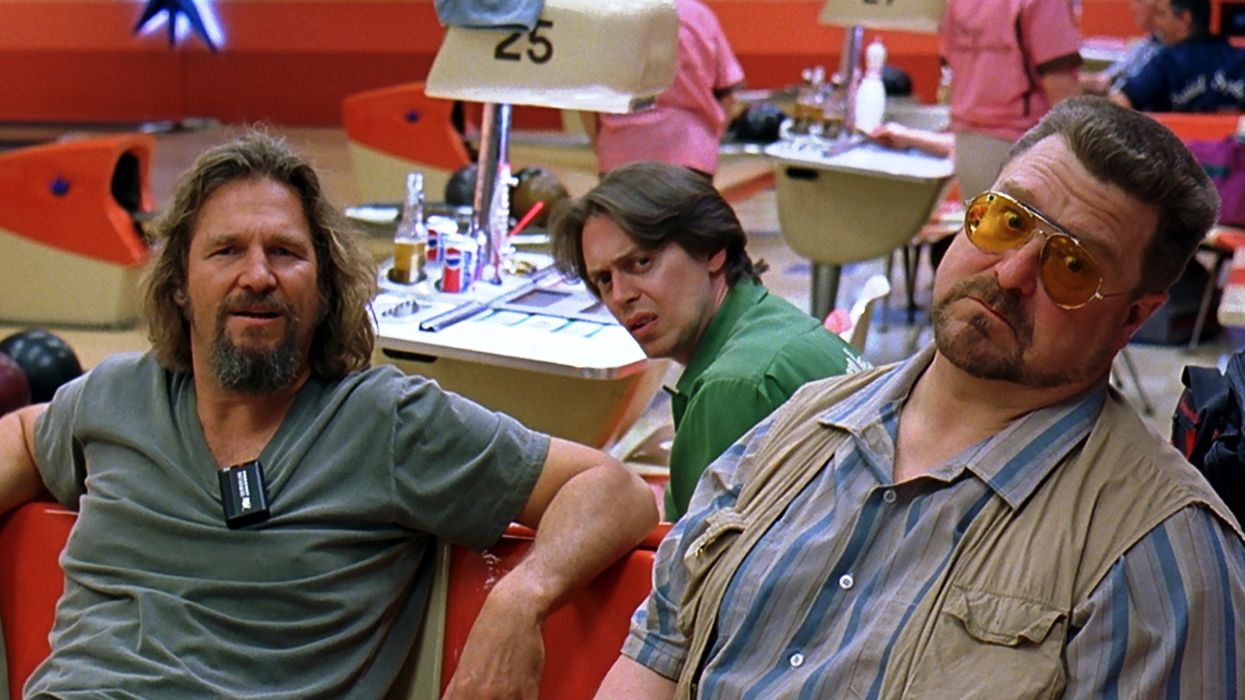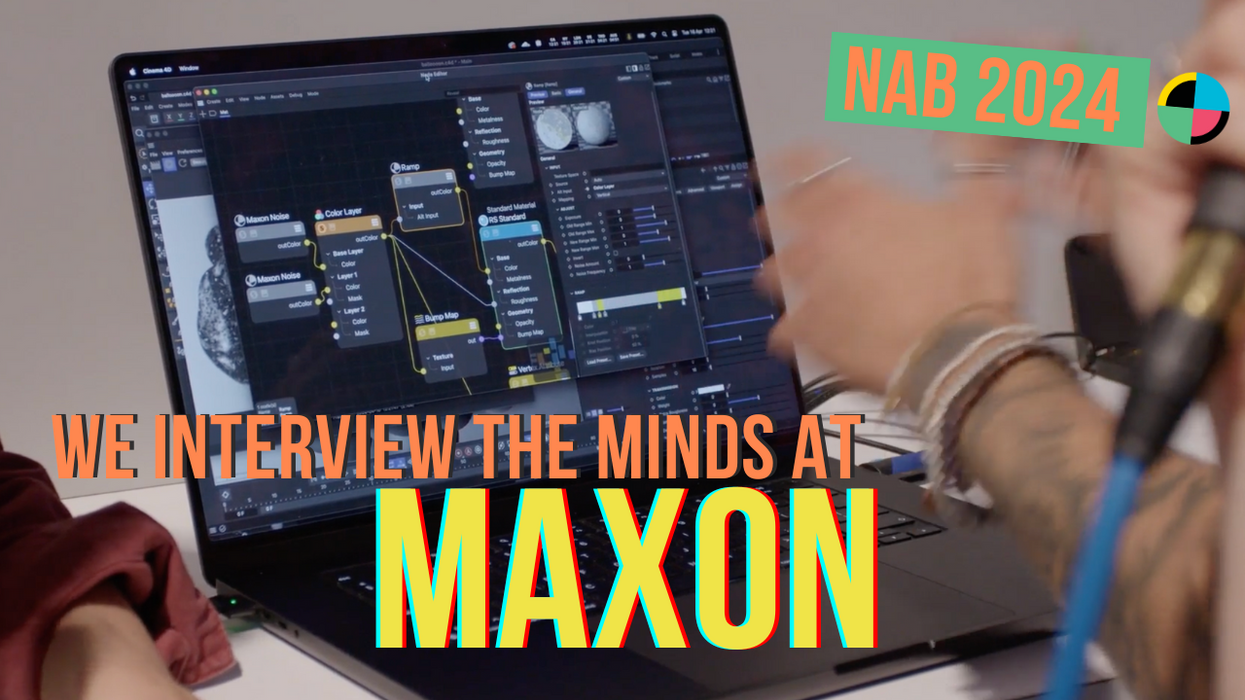How the Coen Brothers Use Repetition to Create Comedy
We know that the Coen Brothers' films are funny, but why?

Directors Joel and Ethan Coen have a unique brand of comedy. It's witty, anecdotal, farcical, and at times, even silly, but it's also dark and morbid, employing conventions of gallows humor and black comedy. Clearly, many different things are at work to make films like Fargo, A Serious Man, and Burn After Reading top-notch comedies, but one technique that the directing duo uses consistently throughout their filmography is repetition. In hopes of understanding the role repetition plays in their films, Julian Palmer of The Discarded Image explores this intriguing aspect of the Coen Brothers' comedic sensibility in the video essay below.
This video essay is—well, it's somethin' else. It's essentially a microcosm of the Coen universe in video essay form. Real meta stuff. I like it. But it's also incredibly thorough in its explanation of how the directors use repetition to get laughs. Here are the techniques mentioned in the video, some of which might've been listed as a joke, but guess what, I'm including them anyway.
- Methods: Palmer describes three basic vehicles with which the Coens deliver repetitious comedy:
- The Visual: Seeing something over and over again
- The Aural: Hearing something over and over again
- The "Visaural," which combines the two, seeing and hearing something over and over again
- The Switcheroo: A technique in which we see something mysterious (Harry Pfarrer's machine) over and over again, until it's revealed to be something we didn't expect it to be (The machine is just a sex chair).
- The "Kershner Principle": This aural gag is basically when a single word is repeated ad nauseam during a conversation, then the repetition breaks for a moment, and then starts again.
- The "Perplexion Paradox": This technique uses the repetition of homonyms, words that sound the same, or synonyms, words that mean the same, until the meaning of the discussion is lost. ("Have you sat before her before?")
- The "Uncertainty Principle": This is when a word or phrase develops a bigger, more powerful meaning as time goes on.

The Coen Brothers don't use repetition solely for comedy, though. It has been an important theme in their work since their first films, like H.I. McDunnough's frequent run-ins with the law in Raising Arizona, Norville Barnes' hula hoop in The Hudsucker Proxy, and Walter's bringing up 'Nam incessantly in The Big Lebowski. Repetition is funny because it sets us up with expectations that the pattern being established will continue. This creates tension; we're always wondering when the pattern will break, and the longer something is repeated, the more this tension builds. The sudden breaking of that pattern is the punchline of the joke.
But repetition is also a fact of life. It's a part of our human condition. We have routines: we wake up, brush our teeth, go to work, watch TV, and go to bed. We're bound by a repetitious life cycle: it's dark, we're born, we live for a while, and then we die, it's dark again. Life becomes mundane with repetition, but the breaking of that pattern is the impetus of drama.
Joel and Ethan Coen may have cleverly woven their comedic fabric with lengths of repetition, but they've also used the same material to create intriguing, powerful moments of drama. So, the next time you watch one of their films, pay close attention to how they use this technique to create both humor and drama to craft their absurd dark comedies.
Source: The Discarded Image












